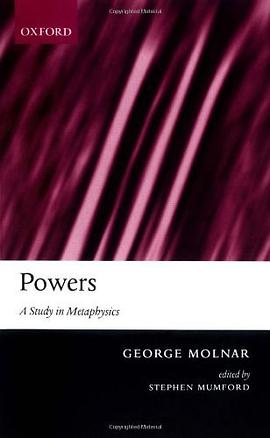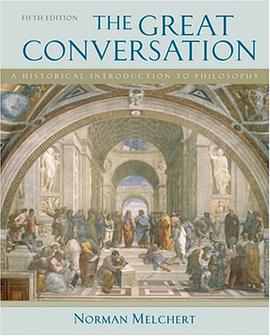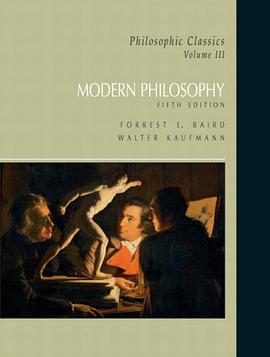

George Molnar came to see that the solution to a number of the problems of contemporary philosophy lay in the development of an alternative to Hume's metaphysics. This alternative would have real causal powers at its centre. Molnar set about developing a thorough account of powers that might persuade those who remained, perhaps unknowingly, in the grip of Humean assumptions. He succeeded in producing something both highly focused and at the same time wide-ranging. He showed both that the notion of a power was central and that it could serve to dispel a number of long-standing philosophical problems. Molnar's account of powers is as realist as any that has so far appeared. He shows that dispositions are as real as any other properties. Specifically, they do not depend for their existence on their manifestations. Nevertheless, they are directed towards such manifestations. Molnar thus appropriates the notion of intentionality, from Brentano, and argues that it is the essential characteristic of powers. He offers a persuasive case for there being some basic and ungrounded powers, thus ruling out the reducibility of the dispositional to the non-dispositional. However, he does allow that there are non-power properties as well as power properties. In this respect, his final position is dualistic. This is contemporary metaphysics of the highest quality. It is a work that was almost complete when its author died. It has been edited for publication by another specialist in the subject, Stephen Mumford, who has also provided an introduction that will allow non-specialists to become acquainted with the issues. David Armstrong, one of the greatest living metaphysicians and personal friend of George Molnar, has provided a Foreword.
具体描述
读后感
评分
评分
评分
评分
用户评价
相关图书
本站所有内容均为互联网搜索引擎提供的公开搜索信息,本站不存储任何数据与内容,任何内容与数据均与本站无关,如有需要请联系相关搜索引擎包括但不限于百度,google,bing,sogou 等
© 2025 book.wenda123.org All Rights Reserved. 图书目录大全 版权所有




















